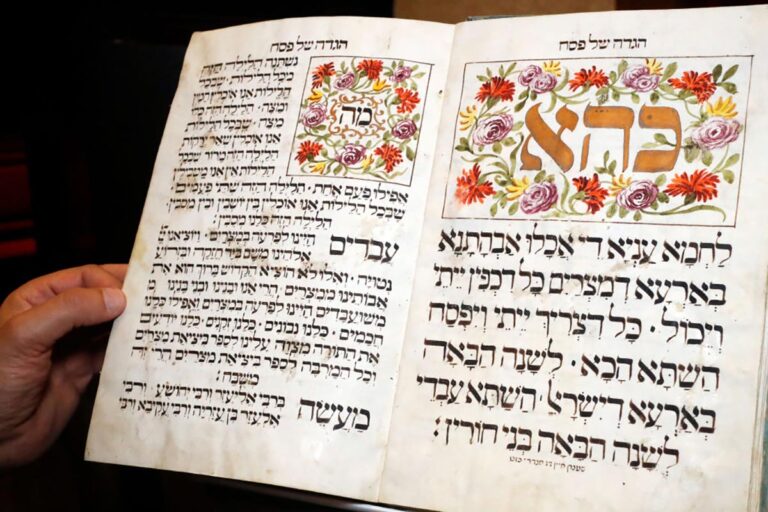
Each year, Jewish families around the world gather at the Passover seder table to tell the story of the Exodus, reciting and singing ancient texts from the Haggadah that have been passed down through generations.
The Haggadah (which means “telling” in Hebrew) serves as a guide to the Passover seder. It outlines the order of the service and narrates the story of the Israelites’ Exodus from Egypt. More than just prayers and stories, these texts reflect profound expressions of hope, faith, and liberation.

The Haggadah not only recounts the struggles and triumphs of the Israelites but also calls us to reflect on the themes of freedom and human dignity that remain relevant today. Over time, some of its phrases have also become quintessential Jewish expressions.
Let’s unpack 10 essential expressions from the Haggadah and how they continue to resonate today.
1. Why is this night different from all other nights? (מַה נִשְׁתַּנָּה הַלַּיְלָה הַזֶּה מִכָּל הַלֵּילוֹת, Mah nishtanah halailah hazeh mikol haleilot)
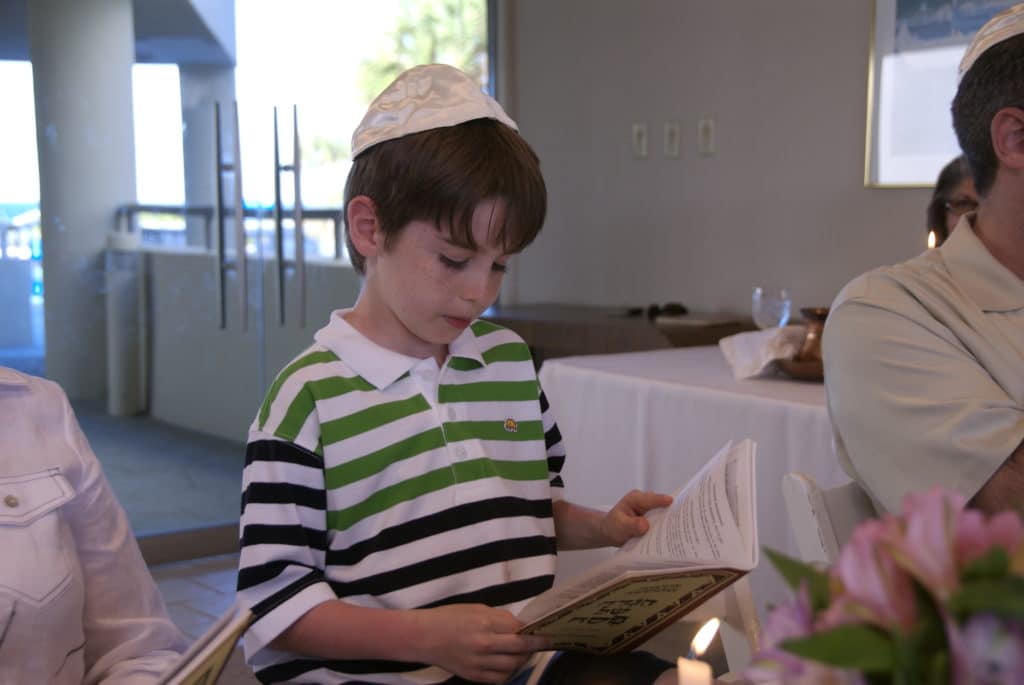
A highlight of the Passover seder is the Four Questions, which are traditionally sung or recited by the youngest participant.
These questions not only set the stage for the telling of the Exodus story but also embody the Jewish tradition’s emphasis on questioning as a means to engage deeply with our history and teachings.
The question, “Why is this night different from all other nights?” opens the discussion about the unique customs observed during Passover — from eating matzah and maror to reclining in freedom and celebration. Each tradition is full of symbolism and meaning.
The Four Questions invite everyone at the seder to reflect on the themes of Passover and consider what makes this holiday — and this night — unique. Listen to our “Wondering Jews” podcast to find out how Passover in 2024 is different from all other Passovers.
2. In every generation, one must see oneself as if they had personally come out of Egypt (בכל דור ודור חייב אדם לראות את עצמו כאילו הוא יצא ,ממצרים B’chol dor vador chayav adam lirot et atzmo ke’ilu hu yatza miMitzrayim)
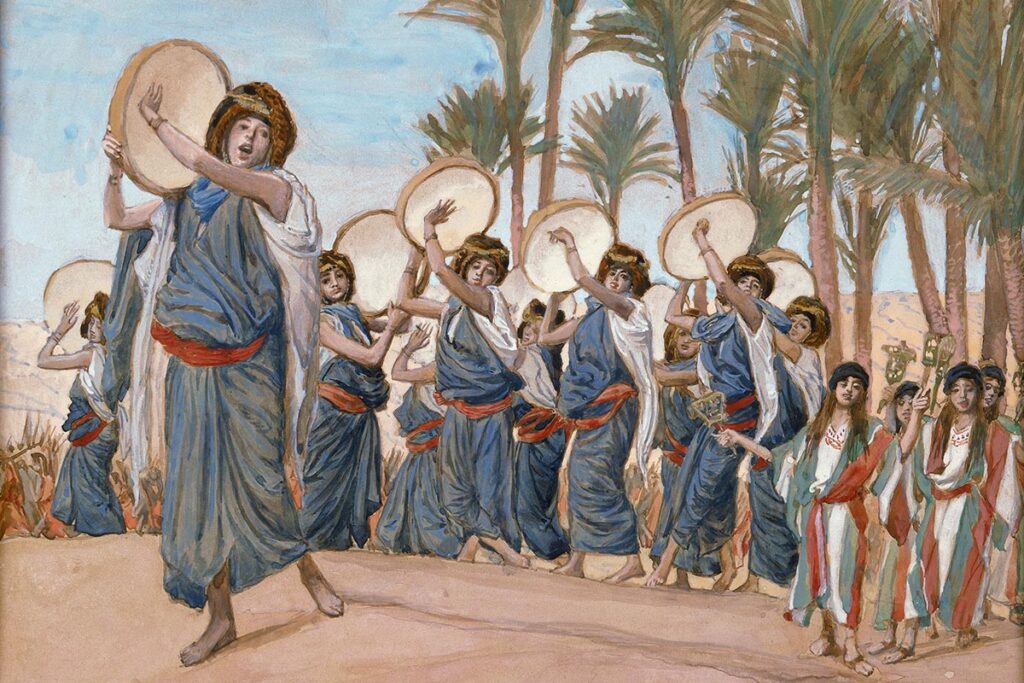
This profound statement from the Haggadah compels each participant at the seder to undertake a transformational journey by imagining themselves as having directly experienced the Exodus from Egypt.
This line challenges everyone at the seder to connect with the Exodus story on a personal level. It’s not just about remembering or reflecting on the past, but stepping into the shoes of the Israelites who fled slavery.
By imagining ourselves fleeing Egypt, we also renew our commitment to fighting injustice in our world today and liberating ourselves from whatever personal restraints or challenges we may experience.
3. We were slaves, now we are free (עֲבָדִים הָיִינוּ. עַתָּה בְּנֵי חוֹרִין, Avadim hayinu. Atah b’nei chorin)

A popular song traditionally sung at the seder is “Avadim hayinu,” which means, “We were slaves, now we are free.”
This phrase captures the essence of the Passover story and holiday: the transformation of the Israelites from slaves in Egypt to a free people. It reminds us not only of the Israelites’ journey to freedom but also prompts reflection on whether and how the Jewish community is free today.
This declaration underscores the idea that the quest for freedom for ourselves and others is not merely a historical event but an ongoing process. Each year, we reflect on the message within the context of current events, recognizing the challenges such as the Israel-Hamas war, rising antisemitism, and the need for vigilance and solidarity in striving for a more peaceful, just world.
4. Dayenu (דַּיֵּנוּ, Dayenu)
One of the quintessential Passover songs, “Dayenu” recounts the many miracles God performed for the Israelites, from the Exodus out of Egypt to the parting of the Red Sea.
The word “Dayenu” translates to “it would have been enough.” Each verse describes a single miracle, followed by the chorus “Dayenu,” which emphasizes that any one of these divine acts would have been enough cause for gratitude.
At the seder, it’s a fun and catchy tune, but on a deeper level, “Dayenu” is a reminder to cherish the blessings we have, recognizing that each one, on its own, is worthy of gratitude.
5. With a mighty hand and an outstretched arm (ביד חזקה ובזרוע נטויה, B’yad chazakah u’vizroa netuyah)

“With a mighty hand and an outstretched arm” recalls the awe-inspiring miracles that helped free the Israelites.
This phrase refers to the extraordinary divine interventions like the 10 plagues unleashed upon Egypt and the miraculous splitting of the Red Sea, which not only displayed God’s power but also fulfilled his promises to the Israelites.
6. The Holy One, Blessed be He, saves us from their hands (הקדוש ,ברוך הוא מצילנו מידם, HaKadosh Baruch Hu matzilenu miyadam)
This line from the Haggadah, also sung as part of a deeply spiritual song, is a profound declaration of faith and gratitude.
It highlights the theme of divine intervention that is central to the Passover story, reminding us of the miracles the Israelites experienced during their escape from Egypt.
Reciting and singing this phrase not only recalls these historical moments of divine intervention but also acknowledges the countless times throughout history that the Jewish people have survived and demonstrated resilience in the face of adversity. It reinforces a continued belief in divine protection and celebrates the enduring resilience of the Jewish community.
7. Let all who are hungry come and eat (כל דכפין ייתי ויכול, Kol dichfin yeitei v’yeichol)
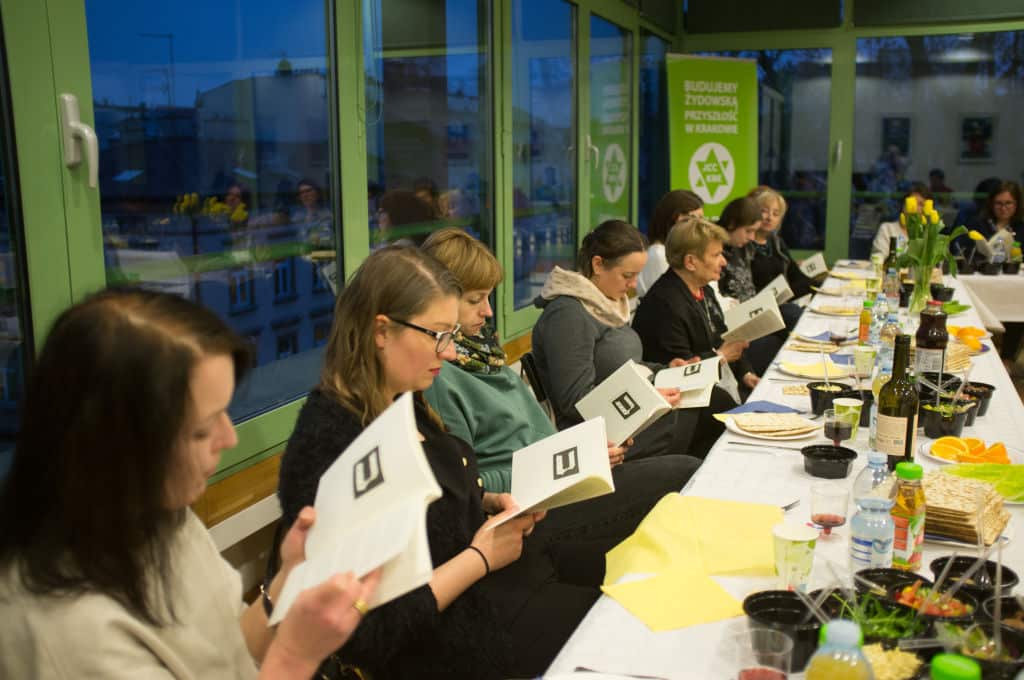
At the heart of the Passover seder is an invitation, “Let all who are hungry come and eat.” This declaration from the Haggadah reflects the Jewish value of hospitality and inclusivity.
Traditionally, this phrase is not merely a figurative expression but a literal call to action, encouraging hosts to open their homes and provide for anyone in need.
This mandate to care for the less fortunate underscores a fundamental idea: the celebration of freedom is intertwined with the responsibility to ensure others are not left in bondage to hunger and poverty. True freedom comes with the responsibility to care for our community.
8. They stand over us to annihilate us (עומדים עלינו לכלותנו, Omdim aleinu l’chaloteinu)
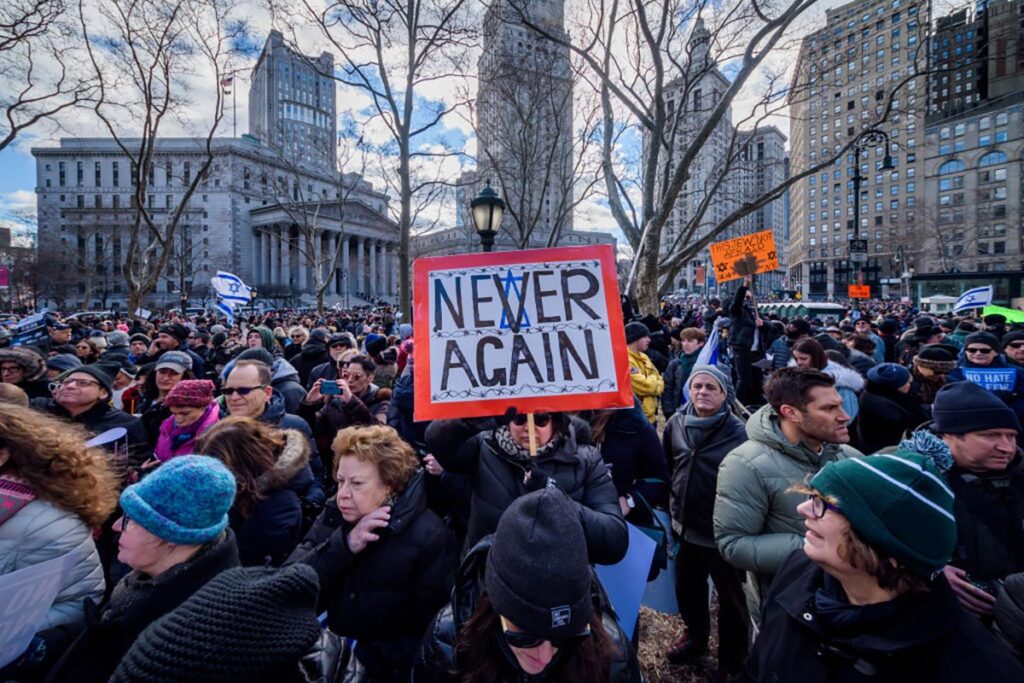
This phrase from the Haggadah serves as a stark reminder of the many times throughout history when adversaries have sought to destroy the Jewish people. It emphasizes a critical theme of the Passover story: we survived against all the odds.
Despite its solemn message, this expression also celebrates the enduring spirit and resilience of the Jewish community. It calls us to remember the harsh realities faced by our ancestors and the miraculous ways they overcame them.
This reminder is important for understanding the full depth of the Passover story — it’s not just about the physical exodus from Egypt but also about the continuous journey of overcoming adversity and sustaining faith through difficult times.
9. Let my people go (שַׁלַּח אֶת־עַמִּי, Shalach et-ami)

“Let My people go” is one of the most iconic phrases associated with the Passover story, spoken by Moses to Pharaoh as he advocated for the Israelites’ freedom. This powerful declaration encapsulates the core theme of Passover: liberation.
Beyond its biblical origins, this phrase highlights the relentless demand for freedom that marks the history of the Jewish people. It is a testament to the strength and perseverance that define our community.
Over the centuries, “Let My People Go” has transcended its biblical context to become a universal cry for freedom, resonating in various movements around the world seeking liberation from oppression.
10. Next year in Jerusalem (לשנה הבאה בירושלים, L’shanah haba’ah b’Yerushalayim)
The Passover seder traditionally concludes with the hopeful last line of the Haggadah, “Next Year in Jerusalem.”
Historically, “next year in Jerusalem” was a wish for a Jewish state. Each year on Passover, Jews around the world expressed their longing to return to the Land of Israel, echoing the ancient Israelites’ journey from Egypt to their promised homeland.
Today, with the State of Israel established, this phrase can take on a literal meaning (like planning a trip to Jerusalem for the next Passover), but for many, “Jerusalem” symbolizes not just a location but an ideal of peace and unity.
Today in Israel, you might hear it expanded to “Next Year in Jerusalem, the rebuilt,” referring to the dream of rebuilding the ancient Temple, Beit HaMikdash.
This expression carries with it a centuries-old legacy of hope.
Originally Published Apr 18, 2024 08:44PM EDT
